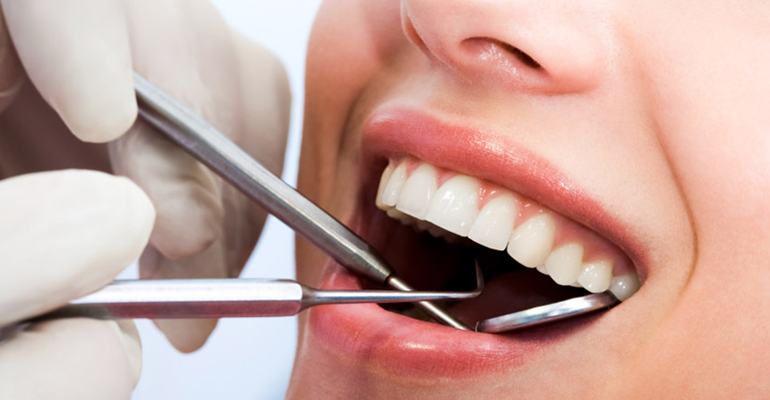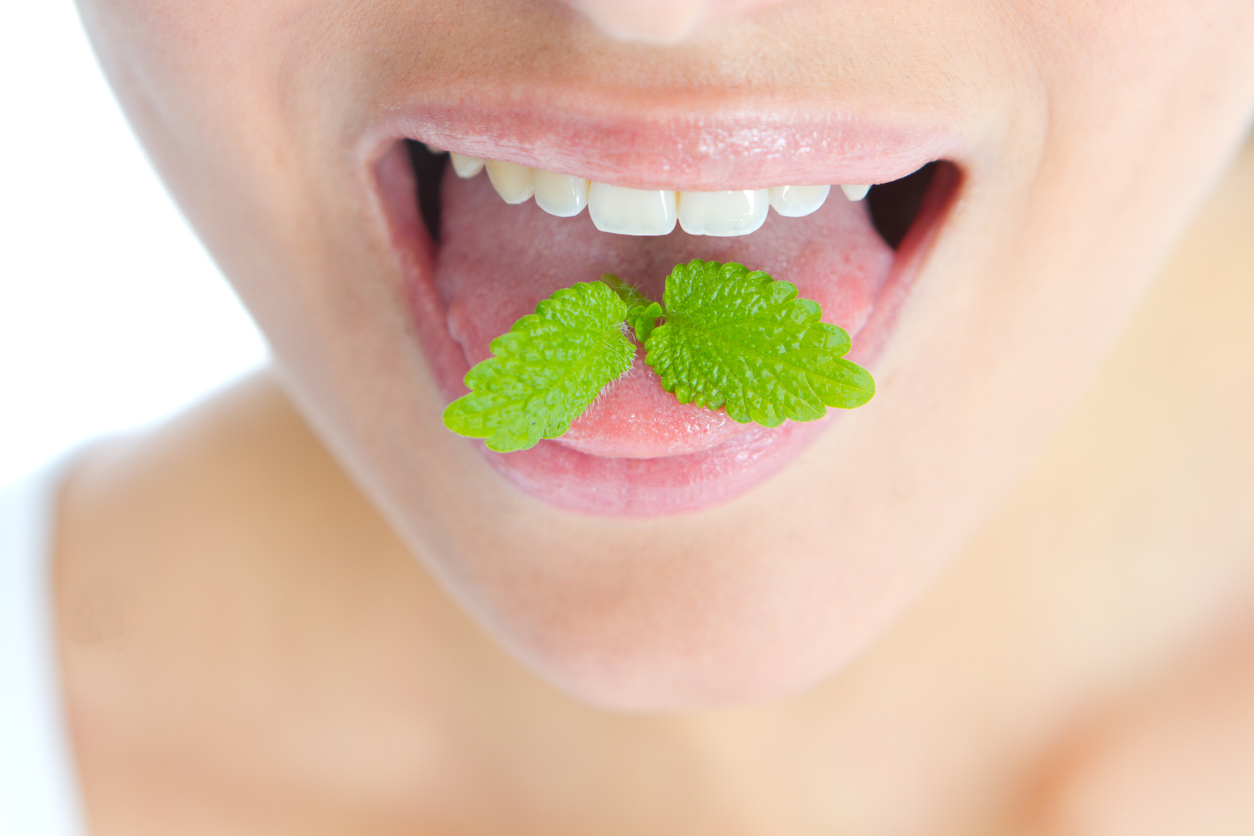Preventing and treating bad breath (halitosis) involves maintaining good oral hygiene, addressing underlying causes, and making certain lifestyle changes. Here are some tips to help you prevent and treat bad breath:
1. Maintain Proper Oral Hygiene:

- Brush your teeth at least twice a day, preferably after meals, using fluoride toothpaste.
- Floss daily to remove food particles and plaque from between your teeth.
- Use a tongue scraper to clean your tongue, as bacteria can accumulate on the tongue’s surface.
- Rinse with an antimicrobial mouthwash to help kill bacteria and freshen your breath.
2. Stay Hydrated:

- Drink plenty of water throughout the day to keep your mouth moist and reduce the growth of odor-causing bacteria.
3. Watch Your Diet:

- Avoid foods with strong odors, such as garlic, onions, and spicy foods, which can contribute to bad breath.
- Choose fresh fruits and vegetables, and incorporate crunchy foods (like apples and celery) that can help clean your teeth and stimulate saliva production.
4. Quit Smoking and Tobacco Use:

- Smoking and tobacco use can lead to chronic bad breath. Quitting these habits can significantly improve your breath and overall health.
5. Regular Dental Checkups:

- Visit your dentist for regular checkups and professional cleanings to remove plaque and tartar buildup.
6. Address Dry Mouth:

- Dry mouth (xerostomia) can contribute to bad breath. Stay hydrated and consider using sugar-free gum or lozenges to stimulate saliva production.
7. Manage Underlying Conditions:
- Bad breath can be a symptom of underlying health conditions such as gum disease, respiratory infections, or digestive issues. Address these conditions with proper medical care.
8. Choose Breath-Friendly Foods:

- Foods like yogurt, unsweetened tea, and certain herbs (such as parsley) can help neutralize bad breath.
9. Natural Remedies:
- Chewing sugar-free gum or fresh herbs like mint, parsley, or fennel can temporarily mask bad breath.
- Rinsing your mouth with a solution of water and baking soda can help neutralize acids and bacteria.
10. Practice Good Health Habits:
- Maintain a healthy lifestyle by exercising regularly, getting enough sleep, and managing stress.
Remember that persistent bad breath may indicate an underlying medical issue, so if your bad breath doesn’t improve with these measures, it’s important to consult a dentist or a healthcare professional for a proper evaluation and treatment.

